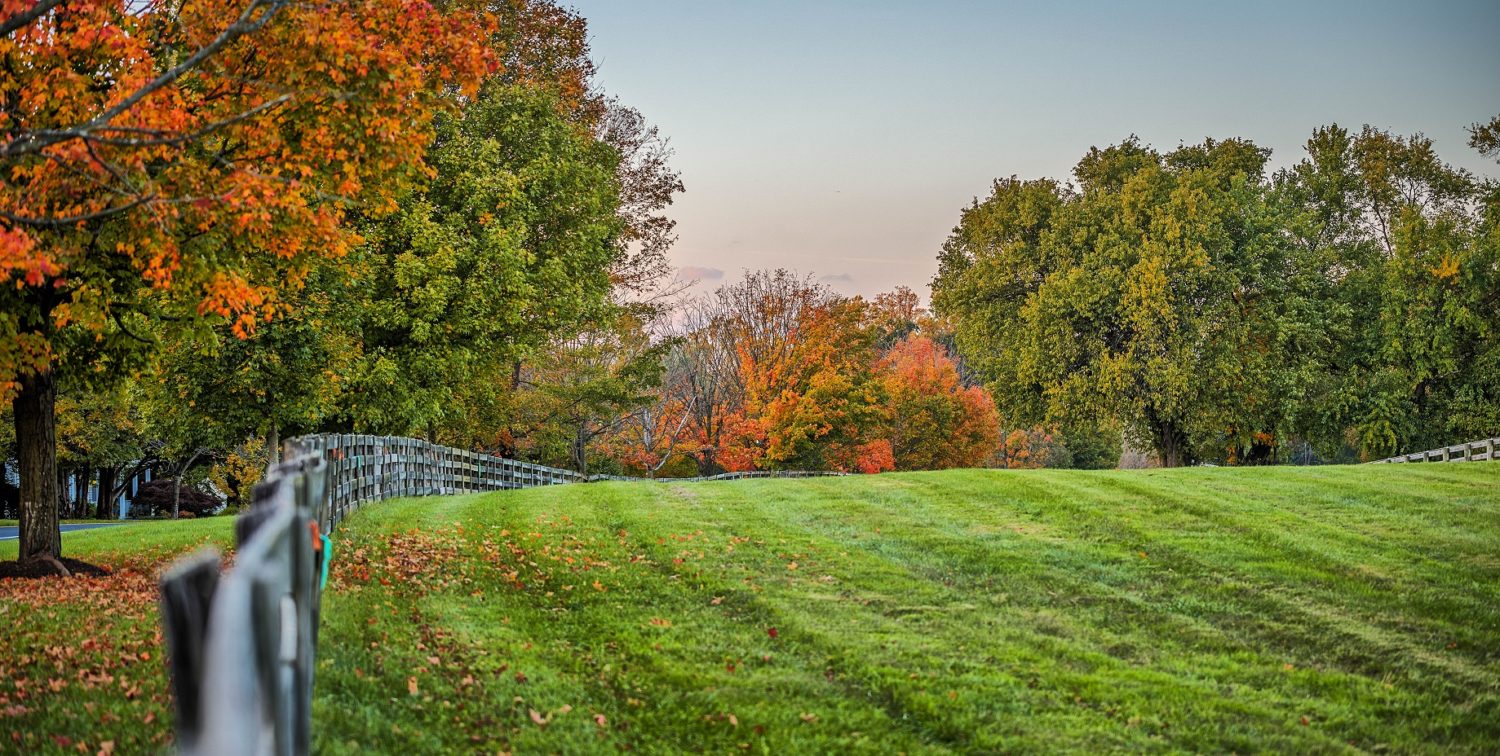Not finding a loved one’s signed, original will is very frustrating. If the will cannot be found, then it cannot be used.
Clients sometimes tell me that their mom or dad died with a will, but it can’t be found. Courts will not probate the idea of a will, so we actually need the signed original. In some circumstances, a copy can be used – but that is a subject for another day.
After you sign the will, you can safely store it in one of three places: at home; in a bank box, or with the Register of Wills. For many people, the best will option is the Register of Wills. Storage there costs a one-time fee of $5 and assures the document will never be lost, damaged, or altered. If you want to get your will back from the Register, you or a representative (including your lawyer) need only ask for it in person. After checking your identification, the Register’s staff will cheerfully retrieve the will and return it. For wills stored with the Register, the Personal Representatives can open probate with nothing more than an original death certificate.
Storing signed wills at home is free and allows organized people to retrieve them at a moment’s notice. Many of my clients know exactly where they keep their passports, insurance policies, and legal papers. If you are in this group, make sure the important people in your life know where you stash your papers. If I’m your attorney, I’ll ask you to tell me so I can provide answers to loved ones making “I can’t find it” calls. Often the best choice is a fireproof box stored above flood water level. I know of three people who have had the horror of losing their possessions to fire. So, I am a strong advocate of small fireproof document storage.
As people age, they sometimes lose their mental wherewithal and tend to scatter important papers from thoughtful storage places to random piles. If you are a paper shuffler at any age (and you must be honest with yourself), do not store your will at home. If being organized is not your strength but you feel uncomfortable storing your will with the Register, renting a bank-safe deposit box can work well. The fee is typically quite reasonable – under $100 each year and sometimes free. If you have a safe deposit box, be sure to add a trusted friend or relative to the account. The best choice is your Personal Representative, who will need to find your original will to initiate the probate process. If the key is lost or you are the only one on the box, the Personal Representative must obtain a court to drill the box after your death, which typically costs $250-400.

